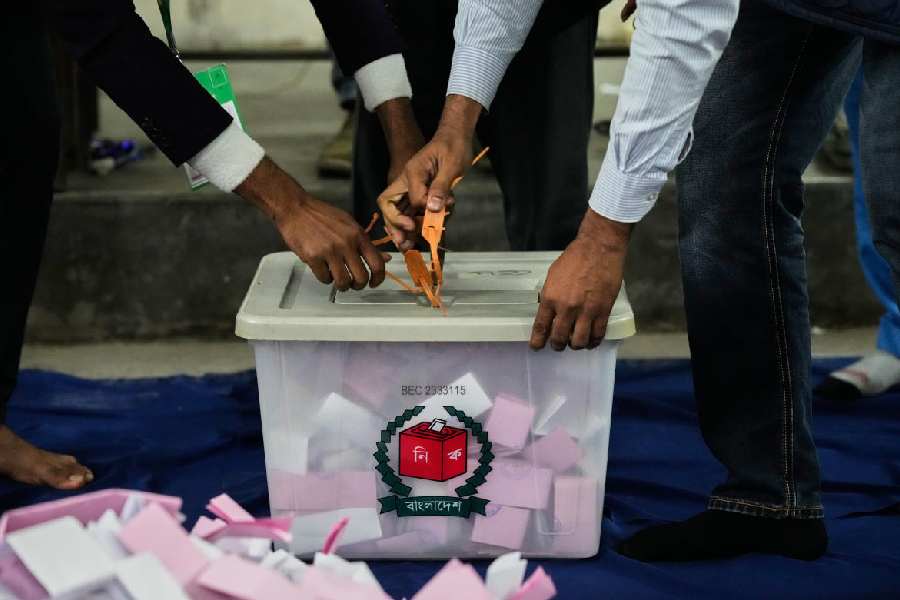.jpg)
Balangir: Hundreds of people from Assam have arrived at Khaliapali in Sonepur district for the ongoing Magha mela, highlighting how deep-rooted Alekhism is in the northeast.
Also known as the Mahima cult, Alekhism was founded in Odisha by Mahima Goswami in the latter half of 19th century. Khaliapali is considered sacred for followers of the cult as saint-poet Bhima Bhoi preached and propagated Alekhism from this village in the last three decades of 19th century. His memorial temple, Sunya Mandir, now stands there.
Gobinda Das, 48, a Mahima follower from Sunari village in Assam's Sibsagar district, said he had been introduced to Alekhism 25 years ago when he came in contact with some saints, who had come to Assam to propagate the faith. "I was fascinated by its philosophy, which speaks of sunyabada (nothingness) and there were many who embraced the faith with me," he said.
Gobinda said there were hundreds of monasteries for Mahima followers in Assam. "These followers have a good presence in Jorhat, Dibrugarh, Tezpur and Golaghat. Many Nepali have also embraced the faith and there are followers of the religion in parts of Meghalaya and Manipur as well."
Another follower, Krupasindhu Das, 47, said their rituals and practices were also observed in Assam. "We sing devotional poems written by Bhima Bhoi with the traditional khanjani (percussion instrument) in Assam. The poems are written in Bengali script, which is also used for Assamese and sung," he said.
Mahima followers also have a significant presence in neighbouring Chhattisgarh, Jharkhand and Andhra Pradesh.
Bhima Bhoi's poems have been translated into Telugu, Bengali and Hindi. Followers from these states would throng Khaliapali during Bhima Bhoi's lifetime to hear him sing his own poems and get a first-hand translation in their own language.
It was in the 1860s that Bhima Bhoi came to Khaliapali in the then Sonepur state and he wrote poetry, preached and propagated Alekhism, and professed the philosophy of sunyabada.

.jpg)









